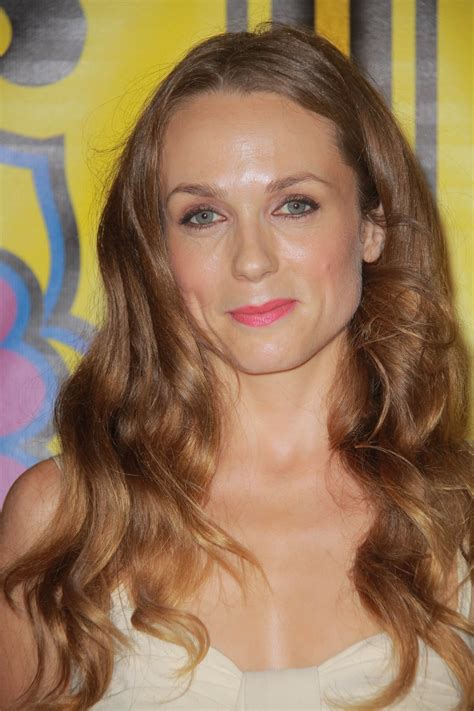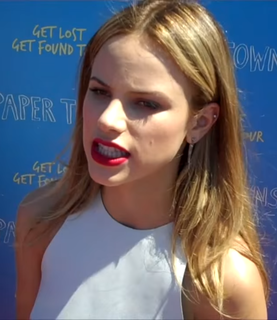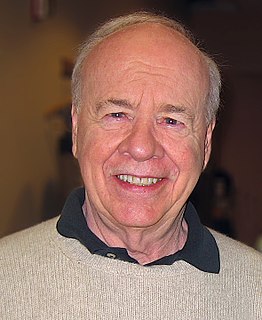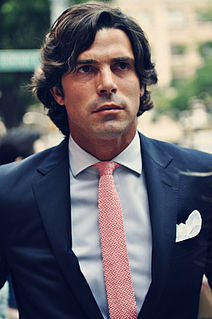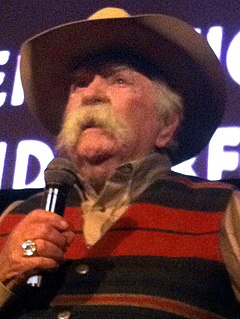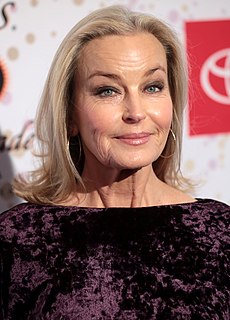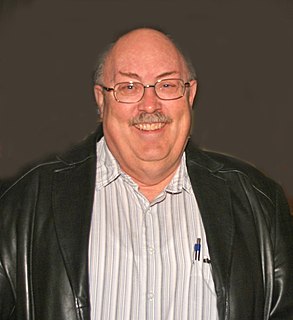A Quote by Kerry Condon
I'm used to riding horses. My father used to breed horses when I was a child. I grew up in Tipperary, in the country, and lots of people have horses there. If my parents hadn't been in the business, we would have them anyway, as pets. And my cousin Richard is a jockey.
Related Quotes
No one ever came to grief-except honorable grief-through riding horses. No hour of life is lost that is spent in the saddle. Young men have often been ruined through owning horses, or through backing horses, but never through riding them; unless of course they break their necks, which, taken at a gallop, is a very good death to die.
I realized horses have personality when I bought one and I had one, who's now out to pasture, a horse named Drifter. Before that, I was a city boy. Horses, I used to go out to the LaBagh Woods and ride at a stable once every two years or something; no idea about horses. Dogs, I knew, had personalities, but not horses.
I have to say my relationship with the horses is the biggest thing, and it grows. I love horses more and more every day, and I'm breeding, so when I'm playing a horse that's the son of a horse, the daughter of a horse I used to play, it's like bonding. So I think that's the most amazing part of it. It's the passion that we polo players have for the horses first, and then the game and the strategy of the game and winning and the team and your teammates, all of those things are a big part of it, but the horses are my favorite part.
Horses in the Book of Mormon would be another. You have relatively few mentions of horses, but there are some, and we don't know exactly how they were used; they don't seem to be all that common. Were they horses as we understood them, [or] does the term describe some other animal? Languages don't always and cultures don't always classify things the way we would expect. We have what we call common-sense ways of doing it. They're not common sense; they're just ours. But again, we don't have a strong case there. We're just problem solving there.
